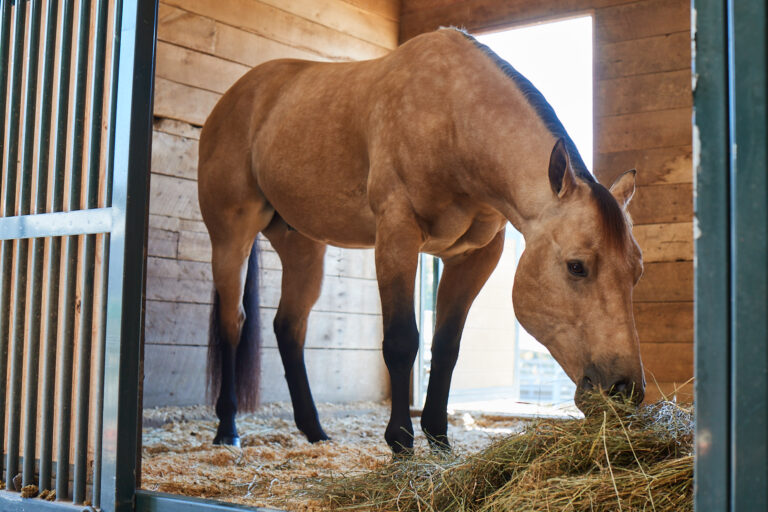
We hear it everywhere: The economy is in crisis, unemployment is rising and a second recession looms on the horizon. But even in the best of times, there are always difficulties to face and challenges to overcome. You can’t solve the world’s problems, but you can choose to respond to adversity with a healthy dose of practicality and common sense.
It might surprise you, but one of the best resources for guiding your practice into an unknowable future is your mission statement. Why? Because it expresses your reason for being in business. If your mission statement resembles those of other equine practices, it includes words like “quality,” “cutting-edge,” “ exceptional equine care,” “commitment,” “compassion,” “progressive,” “reliable” and “experienced.” Regardless of the economic environment, these words should guide your decision-making and your responses to current challenges.
For example, if you are doing less reproductive work than in the past, what additional services can you offer that reflect quality, commitment and exceptional care? When you use your mission statement as a basis for planning, you make decisions based on opportunity, not fear.As you are considering other potential services, think outside the box. I see a number of equine practices that have added limited companion animal treatment to their services, both through expanding the work done by their equine doctors and by bringing in an additional veterinarian. Alternatively, could you include camelids or other large animals in the species your treat? As you brainstorm new opportunities, keep client service as a top priority and consider ways to enhance the relationships you have with horse owners, breeders, trainers, farriers and others in the horse industry.
According to an AVMA study, only 19 percent of veterinary clients would switch providers based on cost alone. Most clients want to feel like your fees are reasonable, but what they are looking for is value for their money. How can you increase your value in the eyes of your clients? Some suggestions: Be easy to reach, whether by phone, text or email. Take the time to educate clients about their horses’ conditions. Bring coffee with you when you visit a barn. Send follow-up notes and care instructions.
Stable Perspective
Your perspective influences not only the way you respond to adversity but also the way your clients respond to you. Never let on to clients that your practice is anything less than stable. While it’s tempting to commiserate when a favorite client or trainer complains about a drop in business, your only response should be that things are just fine but you’re always looking for more clients.
If you are weighing the option of lowering your fees, please approach the idea with great caution. Your fees are your only source of revenue, and your profitability affects every aspect of your practice, from patient care to staff retention to your own personal satisfaction. Fee reductions will only serve to devalue your services and won’t bring in long-term clients. In fact, lowering fees may attract the kind of clients you don’t want–those who put price above their horse’s care.
Focus on the Future
Obviously, there are times when you can’t ignore bad news, or force a smile to your face one more time. When things look bleak, remind yourself why you became a veterinarian in the first place. What was it that pushed you into equine medicine rather than engineering, sales or accounting? What emotions, values and vision are reflected in your mission statement? My guess is that your answer includes your commitment and love for the horse. If you’re having a rough day, take a five-minute break and bring yourself back to the heart of what you do, not because it brings you monetary gain but because of the spiritual wealth you receive.
Leslie A. Mamalis leads Summit Veterinary Advisors’ equine business consulting services. She is based in Littleton, Colorado.









